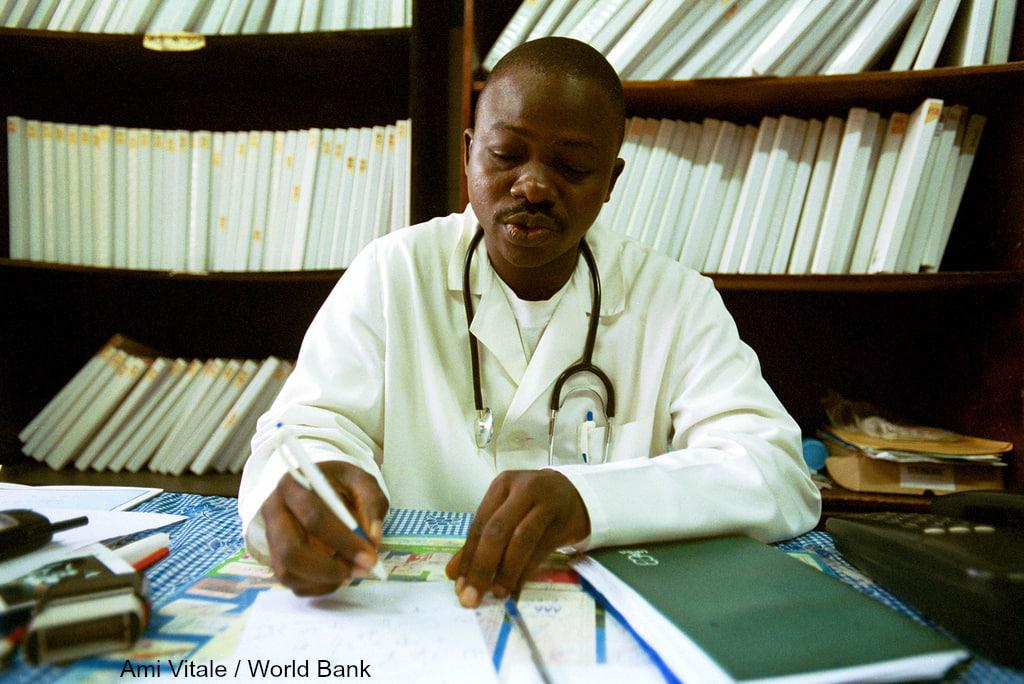Lost patient cards compound long queues


Thembinkosi Mabena recently went to collect his antiretrovirals (ARV) at the Eastern Cape’s St. Elizabeth Hospital in Lusikisiki. After eight hours and three queues, Mabena received his treatment but only after the hospital’s chief executive officer interceded on his behalf.
“I arrived at the hospital at 8:30 am and there was already a long queue,” says Mabena, who adds he only received his patient card after four hours of waiting before having to join yet another queue in the HIV unit. “ I was seen at 3:15 pm and had to wait in another queue for medication.”
After being seen, Mabena says it was a race against the clock to collect his ARVs before hospital pharmacies closed.
“At 4:50 pm, I spoke to the hospitals’ Chief Executive Officer Dr Vusumzi Kalala for assistance,” Mabena tells OurHealth. “He told me that the pharmacy is closing at 5 pm, but that he would talk with pharmacy assistants to help me.”
With waiting times already long at the hospital, some patients say lost cards contribute to the problem.
“The problem of cards getting lost at the administration area is not acceptable because our medical history is written on them,” says Nophelo Nomaphela, who adds that when cards need to be replaced, patients must give their medical history to allow doctors anew to allow them to complete new, blank cards. “There needs to be urgent resolution on this problem”.
Kalala says the hospital is working to address the problem.
“The system is running smooth though sometimes patient’s cards are misplaced when administrators are doing filing,” he tell OurHealth. We will address this problem at our weekly meetings”
- Read more: A day in the life of a clinic queue
- Find out more about Health-e News’ OurHealth citizen journalism programme
An edited version of this story first appeared on Health24
Author
Republish this article
This work is licensed under a Creative Commons Attribution-NoDerivatives 4.0 International License.
Unless otherwise noted, you can republish our articles for free under a Creative Commons license. Here’s what you need to know:
You have to credit Health-e News. In the byline, we prefer “Author Name, Publication.” At the top of the text of your story, include a line that reads: “This story was originally published by Health-e News.” You must link the word “Health-e News” to the original URL of the story.
You must include all of the links from our story, including our newsletter sign up link.
If you use canonical metadata, please use the Health-e News URL. For more information about canonical metadata, click here.
You can’t edit our material, except to reflect relative changes in time, location and editorial style. (For example, “yesterday” can be changed to “last week”)
You have no rights to sell, license, syndicate, or otherwise represent yourself as the authorized owner of our material to any third parties. This means that you cannot actively publish or submit our work for syndication to third party platforms or apps like Apple News or Google News. Health-e News understands that publishers cannot fully control when certain third parties automatically summarise or crawl content from publishers’ own sites.
You can’t republish our material wholesale, or automatically; you need to select stories to be republished individually.
If you share republished stories on social media, we’d appreciate being tagged in your posts. You can find us on Twitter @HealthENews, Instagram @healthenews, and Facebook Health-e News Service.
You can grab HTML code for our stories easily. Click on the Creative Commons logo on our stories. You’ll find it with the other share buttons.
If you have any other questions, contact info@health-e.org.za.
Lost patient cards compound long queues
by tandekahlongwane, Health-e News
February 27, 2015



